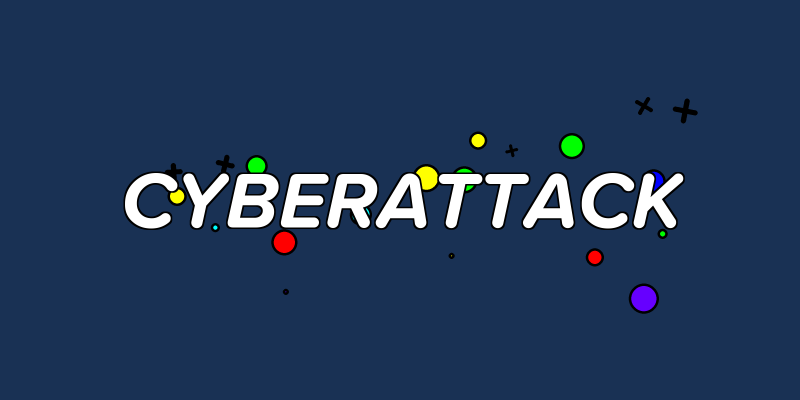
RansomHub Claims Cyberattack on Christie's Auction House
A hacker group known as RansomHub has claimed responsibility for a cyberattack on Christie's auction house, targeting sensitive data on wealthy art collectors.
28 May 2024
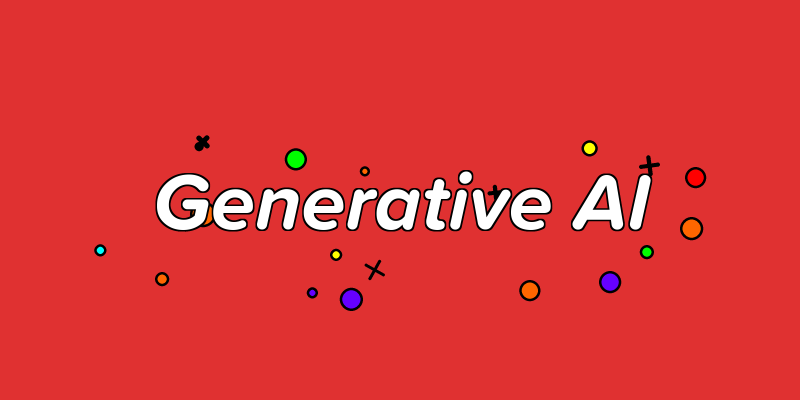
Generative AI tools like ChatGPT are constantly making headlines, yet a new study suggests they haven't quite become everyday staples.
Researchers from the Reuters Institute and Oxford University surveyed over 6,000 people across the US, UK, France, Denmark, Japan, and Argentina. While ChatGPT emerged as the most popular tool, with two to three times the user base of competitors like Google Gemini and Microsoft Copilot, daily usage remained low. In Japan, only 1% reported daily use, rising to 2% in France and the UK, and 7% in the US.
The study revealed a significant knowledge gap, with 19% to 30% of respondents completely unfamiliar with these popular AI tools. While many have tried generative AI at least once, consistent use remains uncommon. Unsurprisingly, younger demographics (18-24) were far more likely to be regular users, with 56% having tried ChatGPT compared to just 16% of those over 55.
Looking at usage patterns, 24% reported using generative AI for information gathering, while 28% used it for creative endeavors like generating text, audio, code, images, and video.
The researchers believe future adoption will be driven by a combination of factors. Standalone tools like ChatGPT will have a role, but a larger influence might come from workplace integration and the embedding of generative AI features into existing platforms like social media and search engines. Google's recent announcement of deeper generative AI integration within Google Search exemplifies this trend.
The study also highlights public uncertainty about the overall impact of generative AI on society. This is understandable given the lack of awareness and limited personal experience with these tools. However, the researchers note that younger people and those with higher education, who are also more likely to have used generative AI, tend to hold a more positive view of this rapidly evolving technology.

A hacker group known as RansomHub has claimed responsibility for a cyberattack on Christie's auction house, targeting sensitive data on wealthy art collectors.
28 May 2024
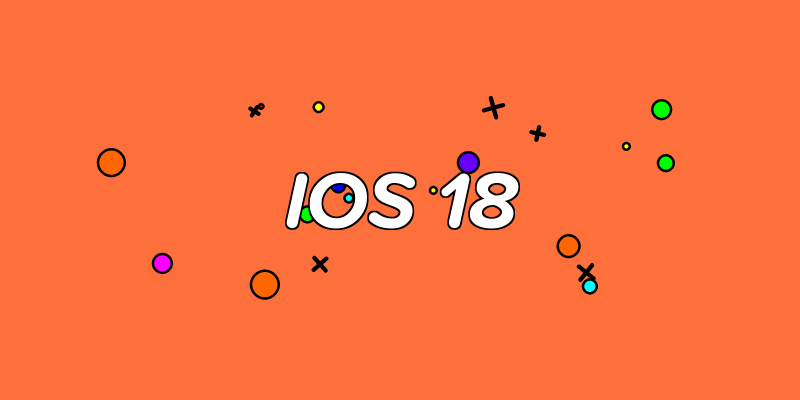
Apple's annual Worldwide Developers Conference (WWDC) is just around the corner, and rumors suggest iOS 18 might be a game-changer for iPhone users. Here's a glimpse into what we might see:
27 May 2024
The quest for better batteries continues! Researchers are developing new, more affordable, and environmentally friendly alternatives to traditional lithium-ion batteries. Sodium-ion batteries are a promising contender, utilizing readily available materials in Europe for both stationary energy storage and powering electric vehicles.
26 May 2024
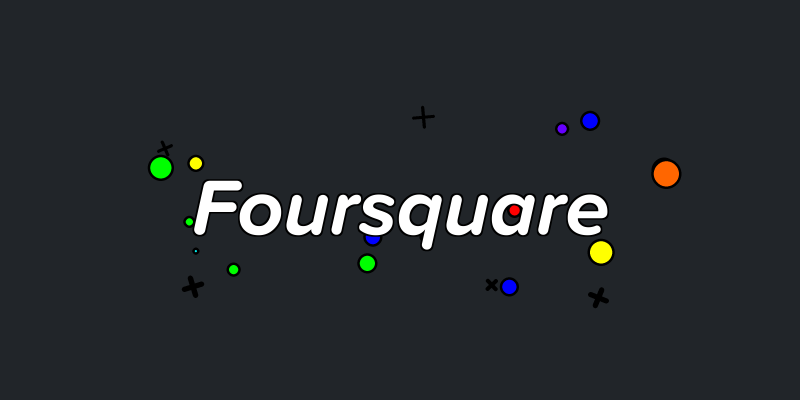
Foursquare, the location-based social networking and data company, has laid off 105 employees, or roughly 25% of its workforce, in a bid to streamline operations and improve its financial footing.
24 May 2024
Google Pay is making a splash with a series of updates designed to enhance your shopping experience and compete effectively with other payment methods. Let's delve into these exciting new features:
23 May 2024
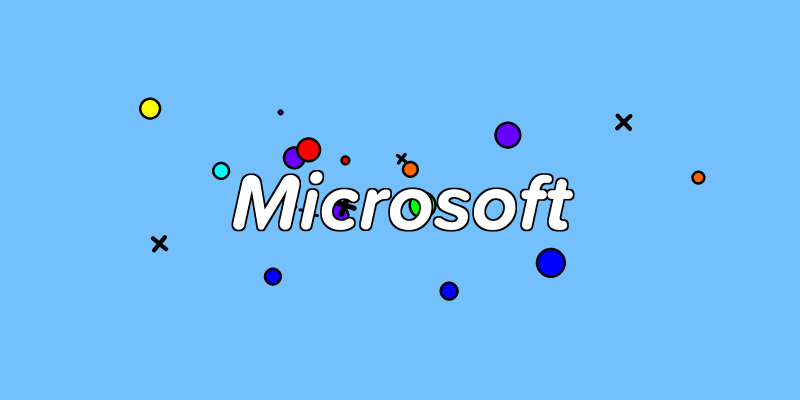
Microsoft’s new AI feature, Cocreator, is making waves by revitalizing Paint. This feature, announced alongside the controversial Recall, has captured attention for its impressive capabilities.
22 May 2024
In a surprising turn of events, Apple has tackled a peculiar bug that caused deleted photos to reappear on iPhones and iPads. The issue, which emerged following the release of iOS 17.5 last week, was quickly addressed by Apple's engineers through update 17.5.1, rolled out on Monday.
21 May 2024
Taylor Swift is back in the spotlight, reclaiming the No. 1 spot on the U.K. albums chart. Her latest album, *The Tortured Poets Department* (via EMI), has surged to the top once again as the European leg of her The Eras Tour kicks off in Paris, France. This marks the third non-consecutive week that Swift’s studio album has secured the No. 1 position. Swift's tour will bring her to the U.K. in June, where she will perform at stadiums in Scotland, northern England, Cardiff, and London's Wembley Stadium.
20 May 2024
It's been over a decade since we last experienced the thrill of a new Grand Theft Auto game. While GTA Online has kept millions of players entertained, the anticipation for GTA 6 has been building steadily. The wait is almost over, as Rockstar Games has finally confirmed that GTA 6 is in development. Here's everything we know so far about this highly anticipated game.
19 May 2024
Google is changing the way we search. They've introduced AI Overviews, a feature that uses AI to generate answers to your queries right at the top of your search results. But what does this mean for you?
18 May 2024
© 2024 smehh.com • All rights reserved